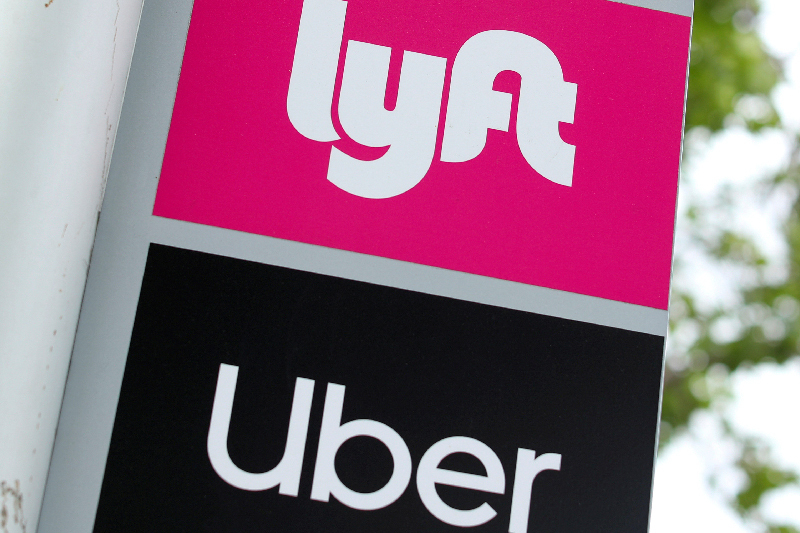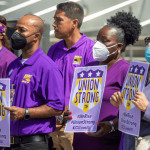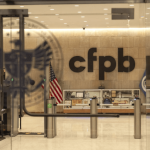
Labor’s Rift Over Drivers’ Fate – The labor movement is heavily invested in the ongoing battle over the rights of roughly 200,000 drivers for Uber, Lyft, and other app-based gig companies in Massachusetts.
Labor’s Rift Over Drivers’ Fate – The labor movement is heavily invested in the ongoing battle over the rights of roughly 200,000 drivers for Uber, Lyft, and other app-based gig companies in Massachusetts. However, with the fight coming to a head in the next few months, unions have been deeply divided over the best way to protect these drivers.
One Side Wants Full Employee Status
One faction of the labor movement is adamant that drivers should be legally recognized as employees, with the full slate of protections and benefits mandated by state law. This includes paid sick time, unemployment insurance, and overtime pay. Supporters of this view argue that drivers are essential to the companies’ business model and that the companies exert significant control over the drivers, making them employees under state law.
Labor’s Rift Over Drivers’ Fate
The other side of the labor movement insists that giving drivers the right to organize a union and negotiate contracts should be the priority, regardless of how they’re classified as employees or independent contractors. Proponents of this view argue that giving drivers a voice and a way to protect themselves from “mobile sweatshop conditions” is more attainable and should be the priority, even without full employment rights.
A Bellwether for the Future of Work
Massachusetts has emerged as the epicenter of the debate over how to regulate the gig economy. With numerous bills on Beacon Hill, multiple initiatives heading for the ballot in November, and a fast-approaching court case, the outcome of this battle in Massachusetts could have far-reaching implications for the future of work and the safety net that jobs traditionally provide. As Chrissy Lynch, president of the Massachusetts AFL-CIO, warns, “I see this as an existential threat not just to the labor movement but to society.”







